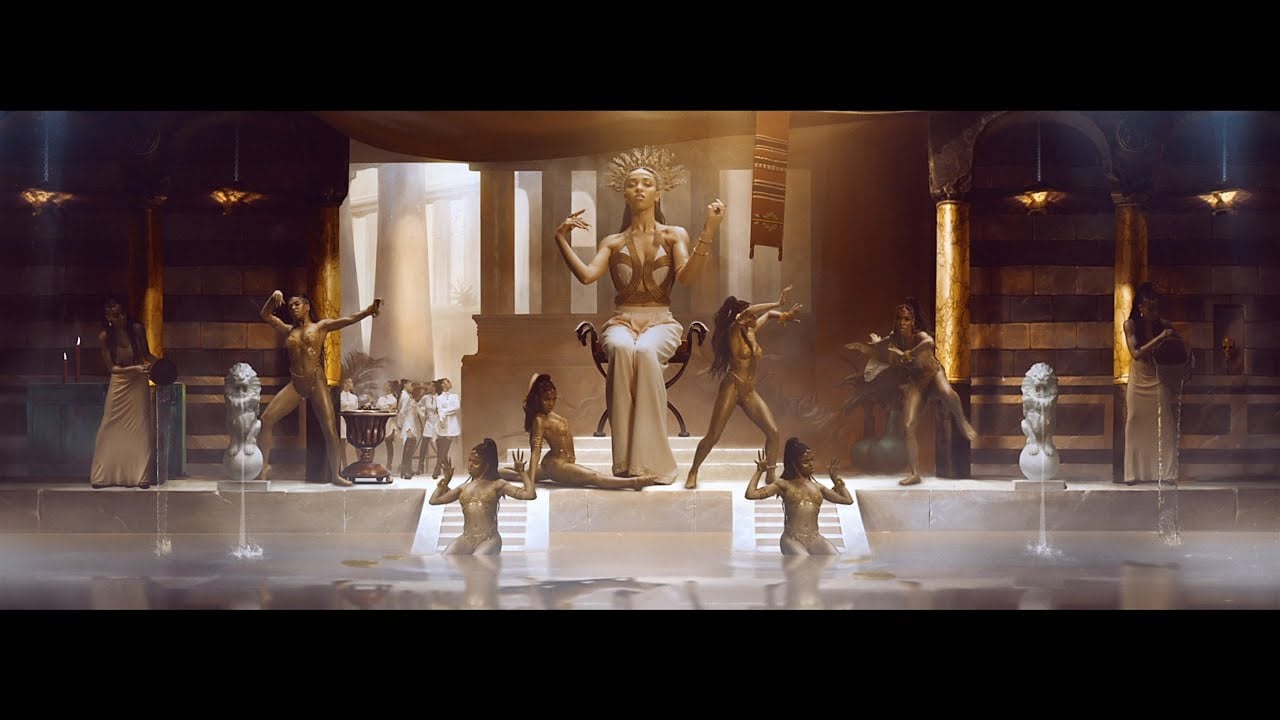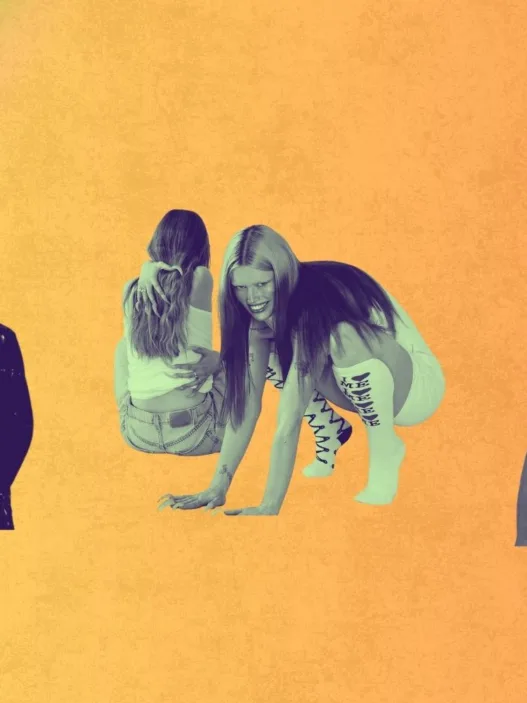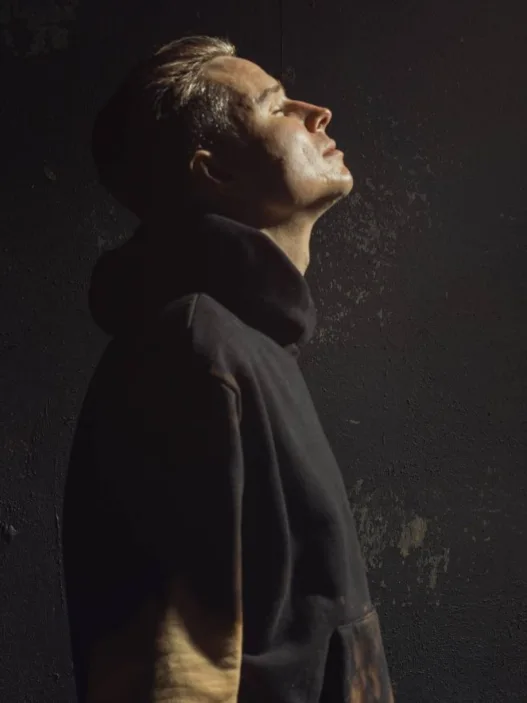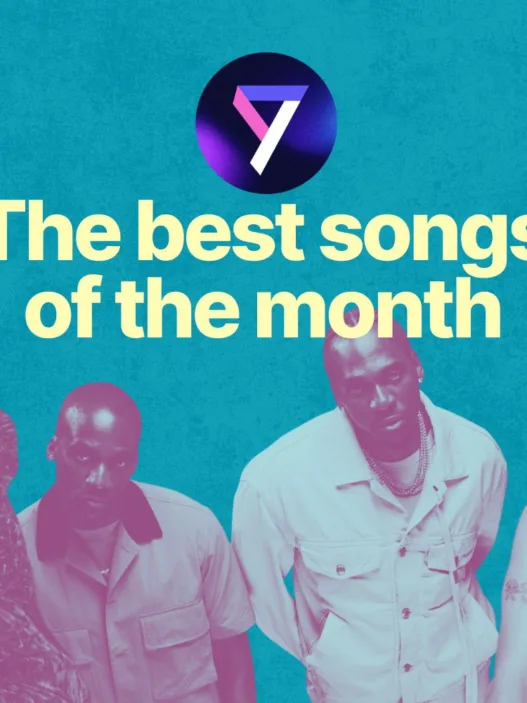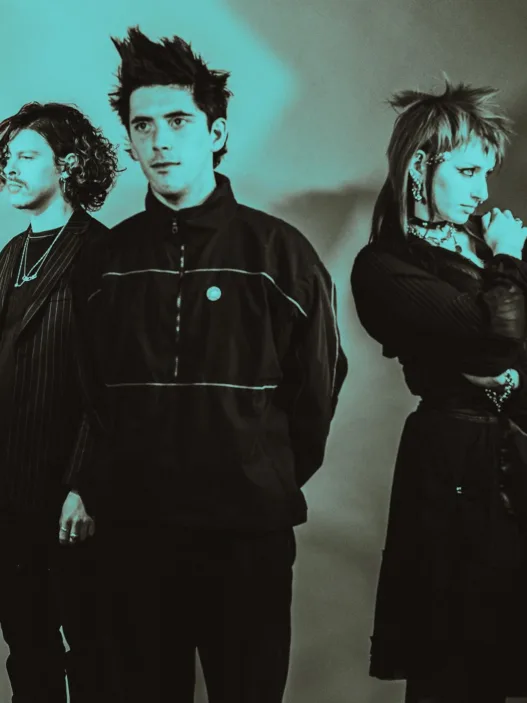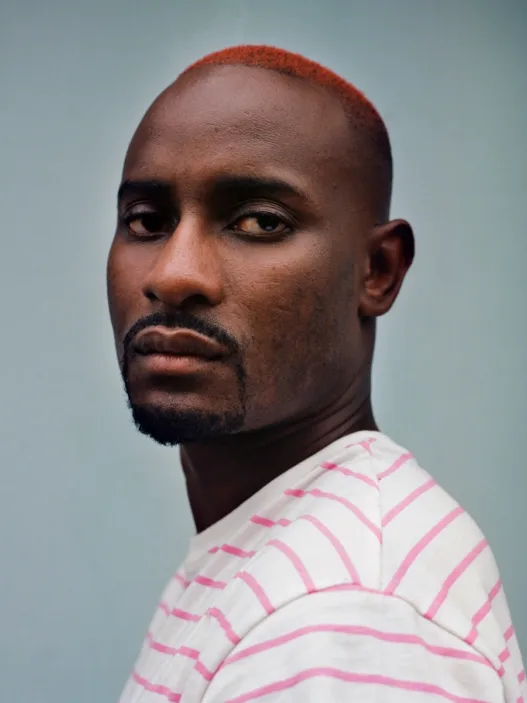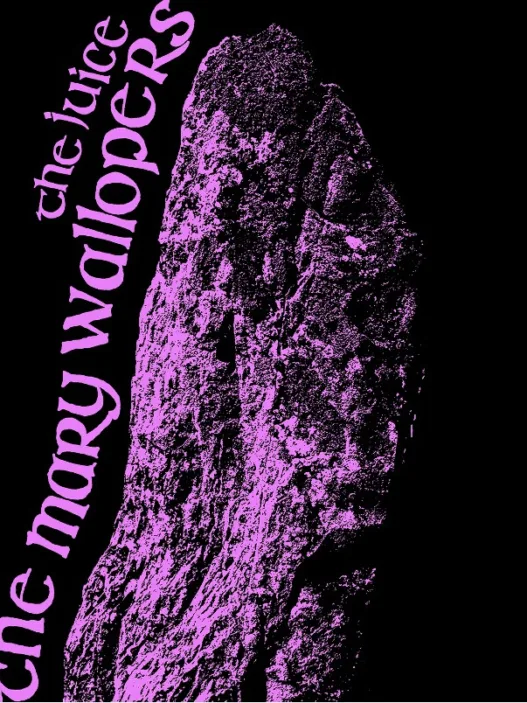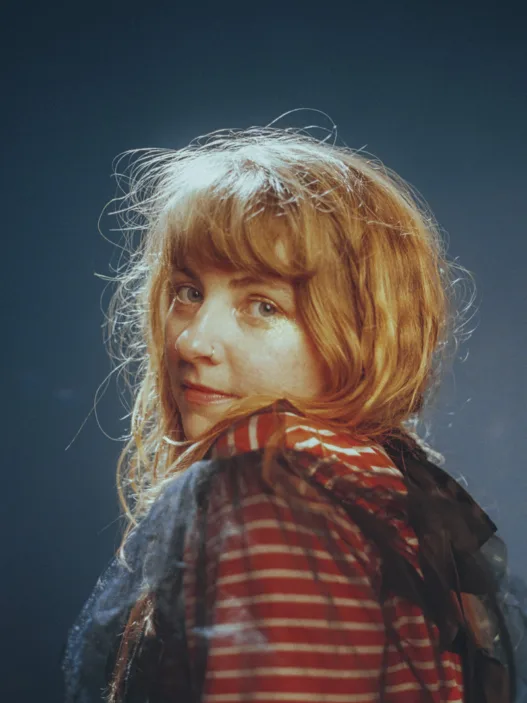Tahliah Barnett wanted to be a dancer. After begging her mother, she finally went to dance college, where she felt nothing substantial. She danced in big pop videos for Jessie J and Ed Sheeran but she realised it was music was the source of her desire so she became the musician, twigs and later, FKA twigs, the artist formerly known as who had yet to really be discovered.
The first phases of FKA twigs were an impressive ethereal first EP in 2012 and a second EP which was trailed with the impressively visually-lead videos for ‘Water Me’ and ‘Papi Pacify’. Those videos and their hypnotic R&B electronic songs, suggested a parallel brutality and sensuality. They flirted with danger in form and were amorphous and hypnotic in sound.
twigs has showed herself in public through artwork and videos which have hyper-realised versions of herself (large eyes, elongated neck, disfigured faces), that she is interested in examining and distorting her identity, including the very name she’s persisted with – Formerly known as.” On LP1, she shares seemingly true intimate versions of herself.
The majority of her debut concerns twigs attempting to convince a lover to accept her as exactly that and she goes through different stages in order to achieve her antagonising goal. It starts with shame. “I love another, and thus I hate myself,” Twigs sings on the opening track to a draggy beat, setting the scene for an album, which on the surface sounds sensually futuristic but is filled with realism, helped by cohesive yet caustic productions by Arca, Paul Epworth, Emile Haynie, Sampha, Dev Hynes and Clams Casino.
Stage two is seduction. The lead single, ‘Two Weeks’, a monument to carnal ecstasy is the most singular highlight as its epic brooding instrumentation is perfectly matched by a flight of lyrical fantasy. “My thighs are apart for when you’re ready to breathe in,” she sings on the song in which she hyperventilates the words climatically, sounding less in the throes of passion, more in a sort of desperation because she’s pleading her lover to choose her over another (“I can fuck you better than her”).
Stage three is distress. ‘Hours’ and ‘Pendulum’ are surface-level lascivious tracks with an uneasy stop-start musical arrangements that amp up the uncertainty – “So lonely trying to be yours / when you’re looking for so much more.”
In taking a track to address her music video past (and present), ‘Video Girl’ addresses the view others might have of her (“Is she the girl that’s from the video? / You lie, you lie, you lie”) and what she might think of herself (“I can’t recognise me.”)
Stage four is an increasing desperation. ‘Closer’ appears to offer some sort of calming plea (“closer / I’m here to be closer / closer / to you, to you, to you, to you”) while stage five is approaching uncomfortable stalker tendencies on ‘Give Up’ – “I know that sometimes you wish I’ve gone away, away / But I wish that you would know that I’m here to stay, to stay.”
Stage six and seven are clear on the album’s final track is ‘Kicks’, First, resignation, before fulfillment, with twigs getting her kicks (“I just touch myself / And say, I’ll make my own damn way” ) and removing that album long frustration.
There is no worry that the separation of the music from the visuals FKA twigs has become synonymous with has lessened the impact of LP1 or that twigs has nothing to say. A longer sustained running time means rather than snatches of character-forming opinion, we get a confidential look at the artist herself talking sex, self-image, desire, loneliness, intimacy, and state of mind, subjects normally guarded from others more vehemently, particularly for new artists.
The combination of twigs’ alien otherworldliness, her ambient often anguished electronic R&B style and her intimate and lustful portrait of herself, directly or reflected in others, makes for an iconic release and helps form a person who feels human and real. By the end of the album’s 10 tracks, twigs decides that she knows herself best, after all.
Listen to the album on Spotify

Niall Byrne is the founder of the most-influential Irish music site Nialler9, where he has been writing about music since 2005 . He is the co-host of the Nialler9 Podcast and has written for the Irish Times, Irish Independent, Cara Magazine, Sunday Times, Totally Dublin, Red Bull and more. Niall is a DJ, founder of Lumo Club, club promoter, event curator and producer of gigs, listening parties & events in Dublin.


